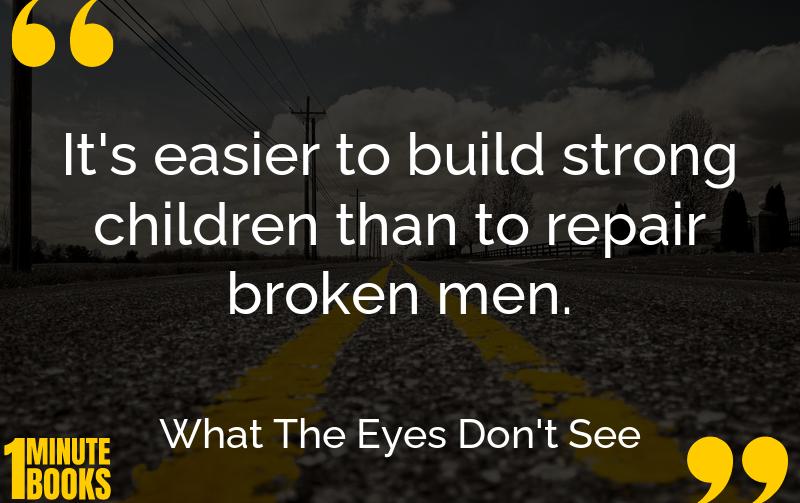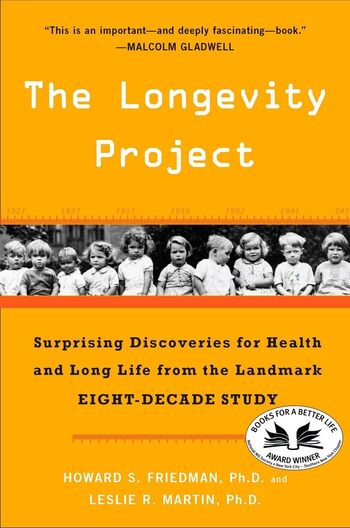
What the Eyes Don’t See is a gripping account of the Flint water crisis, exploring themes of environmental injustice, public health, and civic responsibility. It emphasizes the power of individuals and communities to advocate for change against adversity.
Main Lessons
- Environmental injustices disproportionately affect marginalized communities.
- Critical infrastructure collapse can have devastating public health impacts.
- Public accountability and transparency are crucial in protecting communities.
- Science and evidence-based research must guide public policy decisions.
- Grassroots activism can lead to significant systemic change.
- Children’s health and well-being are fundamental indicators of societal progress.
- Engagement in democracy is essential for protecting community interests.
- Collaboration across diverse fields can solve complex societal problems.
- Awareness and education are key to addressing social and environmental issues.
- The importance of historical context in understanding current challenges.
- Economic disinvestment contributes to long-term community decline.
- Immigrant perspectives enrich understanding and action in civic life.
- Empowerment through literacy and education enables future opportunities.
- Hope and resilience characterize communities fighting for justice.








